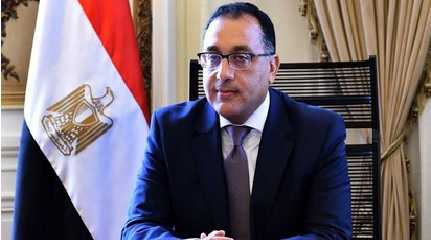
CAIRO, Mar 23 (NNN-MENA) – Egypt’s cabinet, yesterday, approved a draft budget for the fiscal year 2022-2023, which begins on July 1, with an expected 6.1 percent deficit.
Prime Minister, Mostafa Madbouly, told the cabinet meeting, the new budget was restructured in light of the global and domestic economic developments, said a statement issued by the cabinet.
The 2022/2023 draft budget targets a primary surplus of 1.5 percent, with the economic growth of 5.5 percent, down from 5.7 percent forecast in Jan, prior to the Russia-Ukraine conflict, Minister of Planning and Economic Development, Hala al-Saeed, said.
“The ongoing conflict has caused a significant shock in the global markets, which has reflected negatively on trade, investment, and inflation rates,” al-Saeed said.
Priority would be given to improving the quality of life for citizens, and ensuring the quality of services: education, health, drinking water and sanitation, transportation, and, in particular, smart transportation projects and information technology, which are part of the “Digital Egypt” project.
The new fiscal year will see the establishment of more than 600 hospitals and medical centres, as well as, more than 200 schools and universities.
Meanwhile, Minister of Finance, Mohamed Maait said, the new budget seeks to push forward social protection efforts, for improving the citizens’ living conditions and maintaining the sustainability of the financial order.
The new budget aims also to bring the gross debt-to-GDP ratio down to 80.5 percent.
Maait said, the government would seek to apply the policies that would motivate economic and productive activities, especially in industry and exportations, and promote private sector growth.
Promoting social protection efforts, concentrating on education and health, and prioritising the marginalised and the low-income people are the main pillars of the new budget, Maait added.
On Monday, Maait approved a package of financial and social protection measures, worth 130 billion Egyptian pounds (nearly seven billion U.S. dollars), to address the ongoing global economic challenges and their repercussions.
The move came shortly after the Central Bank of Egypt’s decision to raise the key interest rate by one percent.
The U.S. dollar’s trading price against the Egyptian pound jumped to 18.5 Egyptian pounds, up from 15.7 pounds on Sunday, after being steady for two years.




